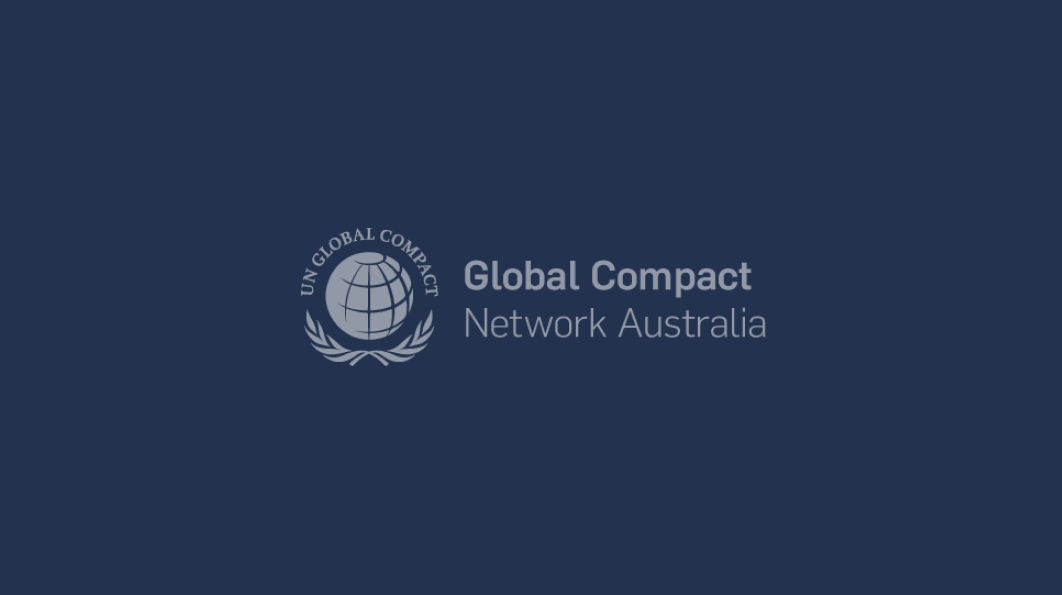
Business & Human Rights, Case Studies
Westpac: SUPPORTING WOMEN-OWNED BUSINESSES IN ITS SUPPLY CHAIN
UN Global Compact Network Australia | March 8, 2017
Westpac is Australia’s oldest bank, serving around 13 million customers throughout Australia, New Zealand and the Pacific. The bank has a longstanding commitment to gender equality across its operations and activities, and has a dedicated unit – its Women’s Markets team – focused on supporting women. In 2016 Westpac started to take targeted action to include more women-owned and led businesses in its supply chain.
With thousands of suppliers providing Westpac Group with goods and services worth around $5 billion annually, Westpac recognises the significance of its supply chain to the sustainability of its operations, and is using it to build greater opportunities for its diverse suppliers like businesses owned by women.
In Australia, just over one third of business operators are women, and this is rising [1]. However, women are still behind men in terms of business ownership and financial independence, and barriers disproportionately facing women entrepreneurs include access to capital, fewer business networks, and family obligations. According to WEConnect International, women earn less than 2.2% of corporate and government procurement [2].
In 2016, Westpac released its Supplier Inclusion and Diversity Policy, through which the company has committed to increasing opportunities in its supply chain for businesses driven by a social or environmental mission, or that support people who have traditionally been financially excluded – including businesses at least 51% owned and controlled by women.
To help the Policy come to life Westpac’s Ruby Connection asked its online community of women-owned businesses to take an ‘expression of interest’ survey, encouraging women to share how they could work with Westpac, providing both Ruby members and Westpac with an opportunity to work together. The enthusiastic response Westpac received from Ruby Connection members resulted in the development of the company’s first Women’s Business Expo in May 2016. Bringing together existing and potential suppliers, the women-owned businesses set up stalls showcasing their goods and services to Westpac’s sourcing teams and general employees. The services and products presented ranged from technology and data companies to corporate gift suppliers and food companies.
Gillian Corban, founder of Corban & Blair, participated in the Women’s Business Expo and found value in the opportunity to build her network with other women business operators as well as present her products to Westpac Staff.
“We were delighted to participate in an innovative procurement initiative as Westpac recognises that a gap exists, is listening and doing something very proactive to address it. The EXPO gave us the opportunity to showcase our products to Westpac Staff as well as share our knowledge and experience with other women-owned businesses. In fact, this event introduced us to Indigenous designer Lucy Simpson from Gaawaa Miyay, and since then we have collaborated on several projects for Westpac as well as in the tourism sector. Collaborations with other creative people are a key strategy for us and Westpac assisted us to make this successful connection.” Gillian Corban, Founder, Corban & Blair
The Supplier Diversity and Inclusion team sits within Westpac’s sourcing business and works closely with commercial managers to regularly identify and review opportunities, and engage internal business partners.
“One of the ways corporate Australia can help women in business is to ensure they are well represented in their supply chain. Using feedback from suppliers like Corban & Blair, we know that small to medium enterprises (where women make up 37% of owners) can find it difficult to work with large corporates and I see it as a part of my team’s role to make this easier.” Simon Le Gear, Chief Procurement Officer, Westpac Group
Since launching the Supplier Inclusion and Diversity Policy, the team have been making it easier for diverse businesses to work with Westpac by running programs to help them to enter their supply chain and providing access to financial education. The team is also partnering with its enterprise wide suppliers to explore opportunities to incorporate small to medium sized businesses into their offerings. Over the last two years Westpac estimates there has been a 60% increase in spending with women-owned businesses (FY14-16).
This year, Westpac aims to create a series of events that provides opportunities for women-owned business to:
- showcase their products and services and network through the Ruby Connection;
- grow their businesses through capacity building seminars;
- access financial education through the Davidson Institute; and
- access supplier opportunities through Sustainable Sourcing.
“Supporting women in business is a high priority for Westpac. By empowering women to grow their businesses we are helping to support and grow the Australian economy.” Simon Le Gear, Chief Procurement Officer, Westpac Group.
You can find out more about Westpac’s supplier inclusion and diversity initiatives here: https://www.westpac.com.au/about-westpac/sustainability/initiatives-for-you/suppliers-inclusion-diversity/
[1] A Profile of Australian Women in Business (2015, Australian Bureau of Statistics)
[2] EY, 2009. Scaling up: Why women-owned businesses can recharge the global economy: http://www.ey.com/Publication/vwLUAssets/Scaling_up_-_Why_women-owned_businesses_can_recharge_the_global_economy_-_new/$FILE/Scaling_up_why_women_owned_businesses_can_recharge_the_global_economy.pdf
